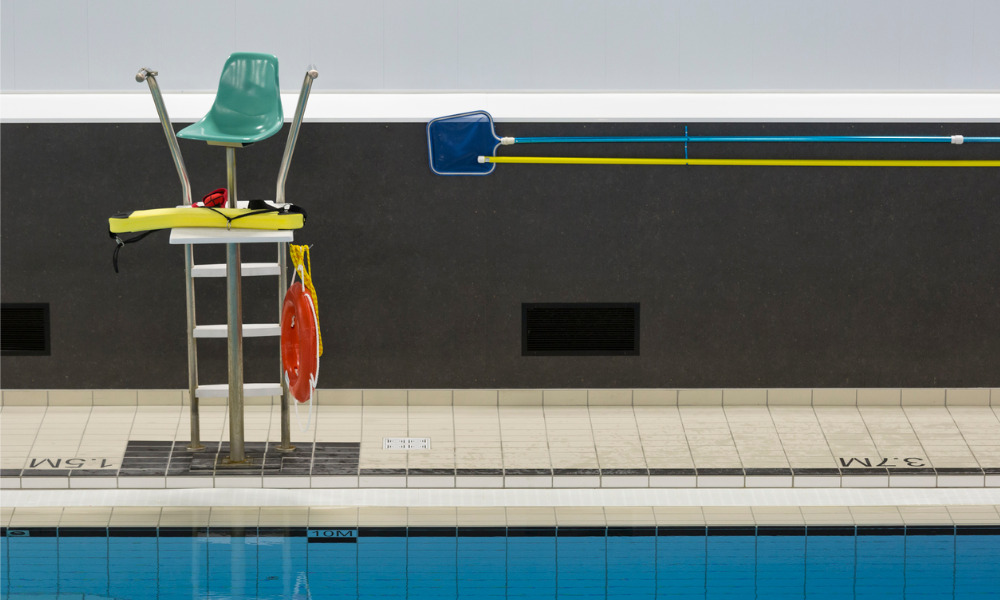
Plaintiff brought personal injury claim when symptoms prevented her from resuming lifeguard position

The B.C. Supreme Court has recently found that an accident caused emotional symptoms when it prevented the plaintiff from engaging in physical pursuits previously enjoyed, given that the plaintiff considered being an athlete central to her sense of self.
In Morgan v Ziggiotti, 2021 BCSC 106, the plaintiff was sitting on the driver’s seat of a parked car, when a vehicle, driven by defendant Bill McCann and owned by defendant Dorothy Ziggiotti, backed into the rear side of her car. The impact drove the plaintiff’s left knee into the bottom part of the steering wheel. While shocked and in pain, the plaintiff managed to get out of the car and speak to McCann.
Because of the accident, the plaintiff eventually suffered from anterior knee pain syndrome a.k.a. chondromalacia patella; soft tissue injuries to her spine, hip and left leg; decreased muscle mass in her left quadriceps in comparison with her right leg; and chronic pain, fatigue, and flare-ups whenever she exerted herself.
Before the accident, the plaintiff was extremely healthy and fit and considered her athleticism a key part of her identity and the only thing she was skilled at. She excelled in numerous athletic activities, took pride in her athletic achievements, and treated physical activity as self-care and a way of coping. After the accident, the intermittent pain and physical limitations prevented her from enjoying her previous athletic pursuits and impacted her sense of identity and self-esteem, which were tied closely to her being an athlete. The plaintiff claimed that the accident had also impacted her mood and made her feel a deep sadness.
The accident likewise affected the plaintiff’s means of financially supporting herself. She could not continue her work as a swimming instructor and lifeguard employed by the city of Vancouver because she failed to meet the necessary physical requirements. Instead, she worked as a hospital porter, a job which involves physically difficult duties that have worsened her symptoms. The plaintiff claimed that she was unable to afford the physiotherapy or chiropractic treatments recommended to her.
The Supreme Court of British Columbia found that the accident led not only to the plaintiff’s physical symptoms but also her emotional symptoms in connection with her loss of enjoyment in the pleasures of life. The defendants’ negligence had emotional consequences, such as the plaintiff’s anxiety and lack of energy, and lowered the plaintiff’s threshold for coping with the stressors of life.
The defendants contended that even before the accident, the plaintiff’s mental health was fragile, as evidenced by her stays at a psychiatric hospital and by her modified duties at the pool because of stress. The defendants also pointed out post-accident stressors experienced by the plaintiff, such as the deaths of relatives, a miscarriage, and the termination of an ectopic pregnancy.
The court rejected as speculative the defendant’s submission that damages should be reduced on account of the unrelated pre-existing conditions and post-accident events. The plaintiff’s mental health issues were substantially resolved at the time of the accident, and her responsibility at the pool would likely have soon returned to its full and unmodified form if not for the accident, the court said.
The court thus awarded non-pecuniary damages, special damages and damages for past wage loss, future loss of earning capacity and cost of future care.